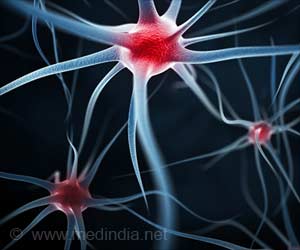Critical genes responsible for some aspects of Down syndrome, a well known cause of mental retardation and diseases like Alzheimer's, have been identified by scientists.

Previous studies including those by co-author Tyler Best, while a graduate student at USU, suggested that inhibitory activity is stronger in the Ts65Dn brain.
This led researchers at USU and Children's to hypothesize that genes controlling the inhibitory tone of the brain contribute to the cognitive changes associated with Down syndrome.
By manipulating Olig1 and Olig2, genes present on the extra chromosome 21, the researchers were able to normalize key aspects of the inhibitory tone in brain regions involved in learning and memory.
Thus, the balance of excitatory to inhibitory neurons is critically regulated by extra copies of these genes and they can drastically modify neurological development in Down syndrome.
Dr. Galdzicki said: "The results of this study demonstrate the critical effects of Olig1 and Olig2 on brain development and, in particular, on inhibitory networks in the brain. However, it is likely that additional genes are also involved in the effect. We hope the findings will lead to better strategies for early intervention, even during the pregnancy, to reduce neurological consequences of Down syndrome.
Advertisement
The findings appear online in Nature Neuroscience.
Advertisement









